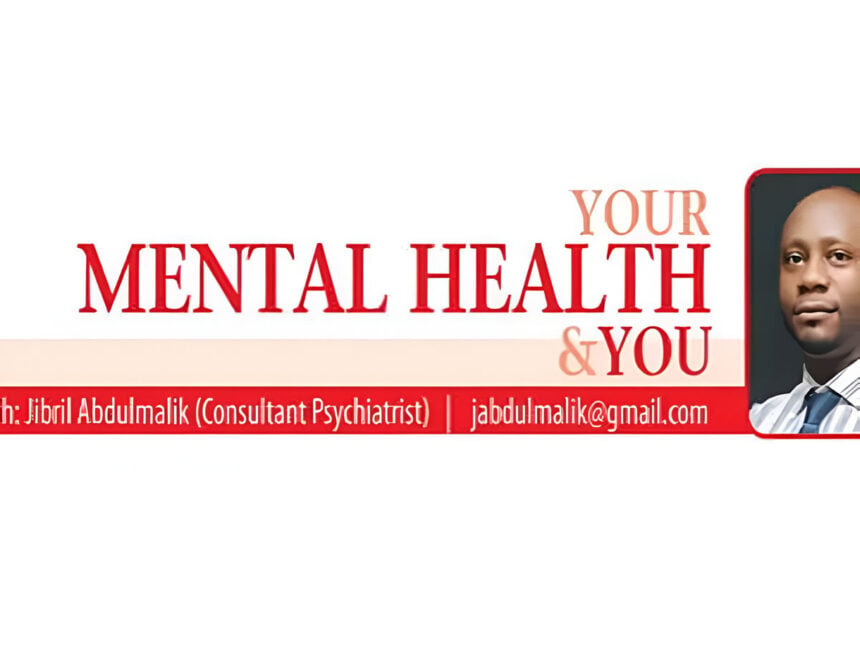WITH fewer than 300 psychiatrists serving a population of over 200 million, Nigeria faces a serious mental health crisis. Most facilities are clustered in major cities, leaving rural communities with little to no access to help.
Dr Daniel Kokona, a clinical psychologist at Garki Hospital, Abuja, made the assertion as Nigeria joined the global commemoration of Mental Health Awareness Month with the theme, “In Every Story, There’s Strength.”
Kokona said mental health is a global concern, with estimates that one in four people will experience a mental or neurological disorder at some point in their lives in Nigeria, suggesting that tens of millions of Nigerians may be affected.
According to him, it is more alarming that less than 10 per cent of Nigerians living with mental health conditions have access to professional care and the rest often turn to informal or spiritual alternatives or suffer in silence.
He said mental illness can have genetic or biological roots, but Nigeria’s harsh socio-economic conditions such as poverty and unemployment, insecurity and trauma from displacement or violence, substance abuse, particularly among youth (tramadol, codeine, crystal meth), cultural stigma and spiritual beliefs and a deeply underfunded healthcare system are making more people vulnerable to mental illness.
Dr Konana, who noted that mental illness wears many faces, stated that its signs and symptoms do not always show up as the dramatic breakdowns many people often imagine or the way it is often expected by many individuals.
“Often, it is quiet, showing up as deep sadness that lingers, a growing desire to be alone, or a sudden loss of interest in things once loved. A cheerful friend may begin to withdraw. A once-vibrant colleague may start showing up late, distracted, or unusually tired. These could be signs of depression.
“But not all mental health struggles have the same face– someone with bipolar disorder might swing from a period of unusual energy and excitement, talking fast, taking risks, and barely sleeping into a season of heavy silence, guilt, and exhaustion.
“Anxiety can sneak in too, often hidden behind restlessness, racing thoughts, or constant worry that something might go wrong. Sometimes, it is felt in the body before the mind even catches on through headaches, stomach upsets, or a pounding heart. Furthermore, in children, these struggles might appear as changes in school performance, sudden aggression, or being unusually clingy or withdrawn.”
Dr Kokona declared that this year’s theme is a reminder that mental illness is not the end of a person’s story; it is part of it.
“Behind every diagnosis is a person who is trying, every single day, to keep going. Whether it is a teenager managing anxiety while finishing school, a Corp member wondering what next after one year of service to their fatherland, a parent dealing with depression while supporting their family, or a survivor of trauma choosing to speak up, there is strength in all of it,” he declared.
The expert said since mental illness is not a flaw or a weakness but with the right support, the health condition can be treated and managed.
According to him, getting help is a sign of strength, not weakness, and so anybody struggling with mental health challenges should not stay silent but seek help from qualified healthcare providers such as psychiatrists, psychologists, counsellors, or medical social workers.






